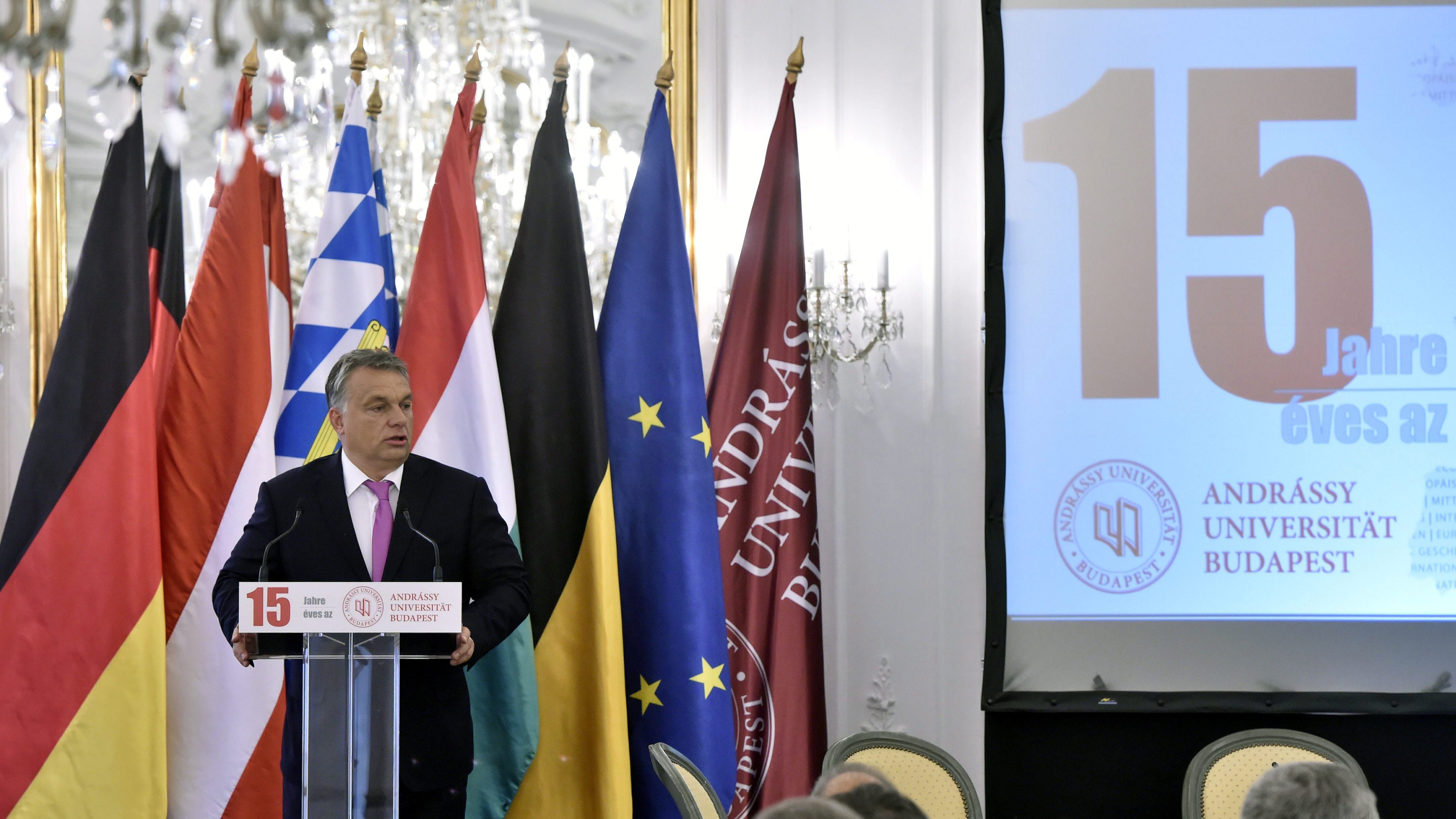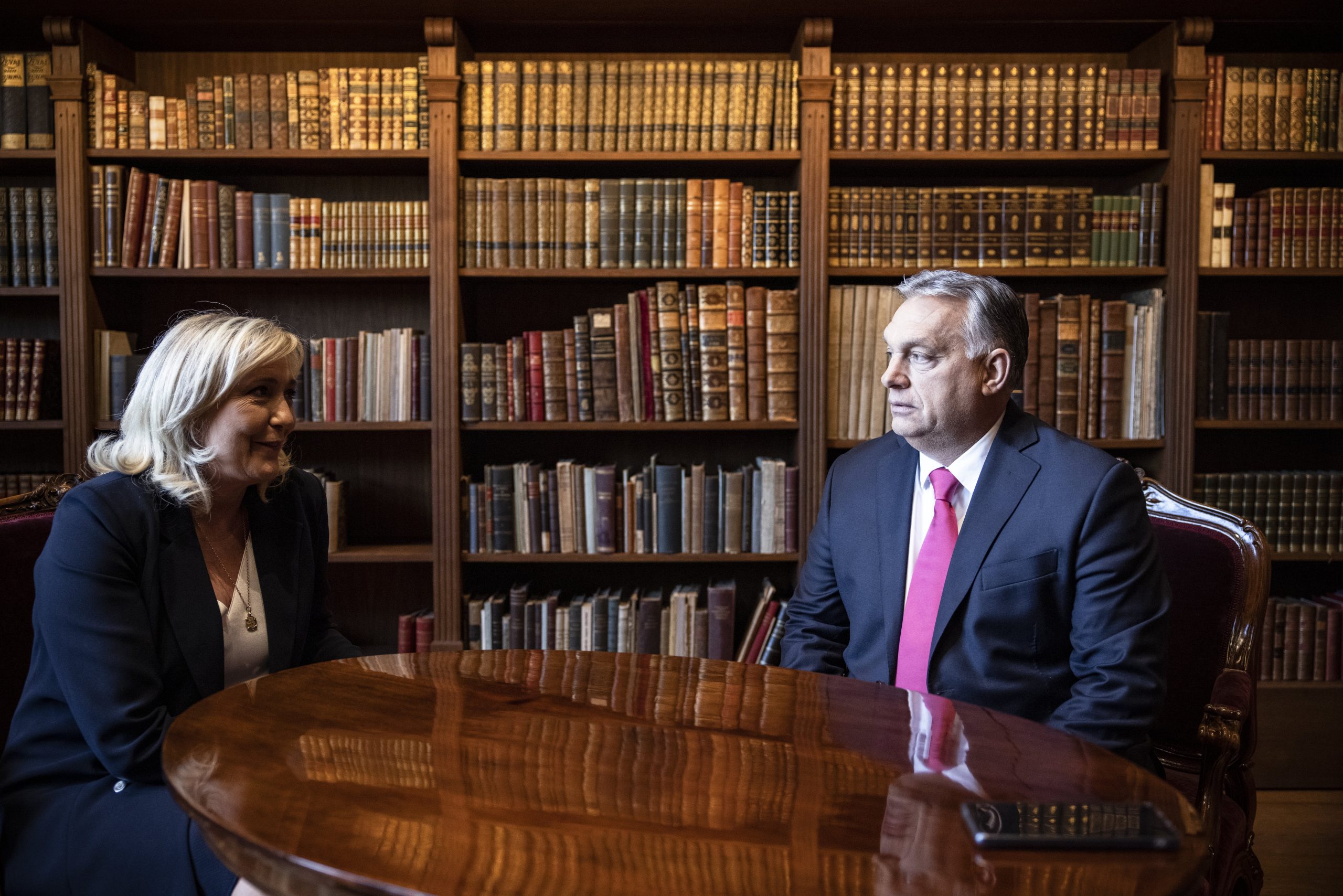
The memory of those living by the River Danube works well if it encompasses everything, all the way from the Black Forest to the Black Sea, the Prime Minister said, remarking that upon its establishment in 2001, “the mission of the institution was to restore the former alliance between German and Hungarian culture” which was disrupted after World War II.
As the two reasons for the rupture, he mentioned the forceful relocation of Germans living in Hungary, in the context of which we may learn that “Hungarian politics must not support solutions on any moral, racial or class grounds, whether directly or indirectly, which result in the expulsion and relocation of people, and the destruction of human lives”.
As the other reason, Mr Orbán pointed out that after 1945 “together with Hungary, the whole of Central-Europe was torn apart”, and Hungarian citizens forced behind the Iron Curtain were barred from development. “Following from this, the relations which worked flawlessly before World War II should have been mended after many years of separation in the wake of the change of regime.”
In his words, “this did work to some extent, but the wounds did not heal without scars”. As a result, today “the western multiculturalist European elite is – at least at this point in time – observing in bewilderment that the countries whose citizens fought for their faith and national identity for decades during communism now represent on the EU political stage the old-fashioned version – in the multiculturalists’ view – of the European civic lifestyle”.

This elite “is observing in bewilderment that there are countries, including Hungary, which do not believe that the automatic solution to all our troubles is the concept of more Europe”, and this difference in views often leads to disputes in connection with the laying down in the Constitution of issues related to the family, migration and Christianity, or in the context of Islam.
He added: the mission of this university today is “to prove the legitimacy of our Christian, national and European position”, and if it is able to do so in an intellectual manner, it may be able to extract the serpent’s tooth.
Mr Orbán stressed: “it is an absolute must” to have a German-language university in Budapest which may have come into being, among other reasons, because “the governments in office at the time were led by generous people”.
He stressed: the valley of the Danube represented for centuries all at once “the gate leading to western civic mentality and values, and the path along which the Islam caliphate as at any time attempted to reach Europe by first trampling over us”.
András Masát, the rector of the institution said at the event: the task of the university under his leadership has been for fifteen years and continues to remain to create a bridge in the Danube region, and the students participating in its every expanding selection of courses constitute an important academic and intellectual network. We teach students in Central-Europe and for Central-Europe, he said.


